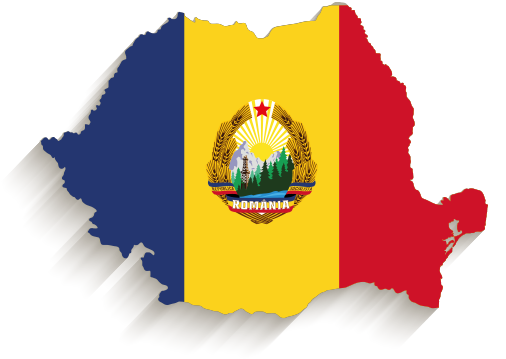(Grant Agreement n. 669194)
In a favourable international context, from the late 1960s onwards the Romanian authorities intensified their efforts to improve the country’s trade relations with Western Europe. According to the directives of the Romanian Communist Party and of Secretary General Nicolae Ceaușescu, the main goal was to secure intensified industrialisation of the country with Western technology and machinery. Romania was expected to be able to pay for this with foreign currency accumulated from exports of highly manufactured industrial goods it produced and by taking profitable Western loans. In its endeavour to improve the foreign trade sector in general, and commercial relations with Western Europe in particular, a series of domestic and foreign factors were taken into consideration. The intensification of the Western European integration process and the impact of European Economic Community (EEC) protectionism on Romania’s economic interests were analysed in particular.
While the Soviet Union and some other Eastern European states favoured a common stance towards the West and the EEC, preferably implemented through the Council for Mutual Economic Assistance (CMEA), Romania wanted direct relations with the EEC and to prevent the CMEA from having a negative impact on Romania’s EEC-related objectives. Therefore, in CMEA debates, Romania opposed and blocked any EEC-related proposals that were perceived as being against Romania’s interests, such as the refusal to recognise the EEC, a CMEA-EEC trade agreement or a common CMEA commercial policy towards the EEC.
In order to elaborate the national approach on the matter, the party leadership requested different experts in ministries, embassies, research institutes and banks to study the problem and propose possible solutions, which, however, were expected to mandatorily abide by the general stance of the party and its directives regarding the economic and social development of the country. The recommendations of these experts were in the end reviewed by Secretary General Nicolae Ceaușescu himself, who at most consulted only a handful of his closest collaborators, members of the executive bodies of the Central Committee and of the government apparatus. In Romania, there were no contradictory debates with regard to the country’s approach to relations with the West and the EEC, as experts framed their proposals within the guidelines advanced by the party. The final decisions, however, did take into consideration the input provided by different experts.
* All the texts about Romania posted here summarise the research findings of PanEur1970s team member Elena Dragomir, which are published as Elena Dragomir, “Romania Turns West: National and International Rationales”, in Angela Romano and Federico Romero (eds), European Socialist Regimes’ Fateful Engagement with the West: National strategies in the long 1970s (Routledge 2020).
